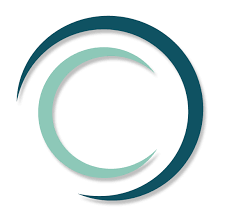Obsessive-Compulsive Disorder (OCD) is a mental health disorder that can have a significant impact on an individual’s life. One of the most common symptoms of OCD is avoidance. This can manifest in many different ways and can be quite difficult to deal with. In this blog post, we will explore the implications of OCD avoidance, and discuss some treatment options for those who struggle with it.
Contents
Understanding OCD Avoidance
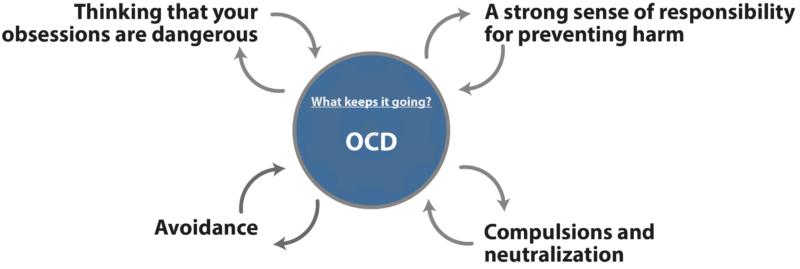
OCD avoidance is when an individual with OCD deliberately avoids situations or objects that trigger their obsessions. This can be anything from avoiding touching doorknobs to avoiding social situations. For many people with OCD, avoidance is a way of managing their anxiety. It allows them to feel in control and safe from harm. However, avoidance can also have several negative consequences.
Types of OCD Avoidance
There are many different types of OCD avoidance. Some common ones include:
- Avoiding objects or situations that trigger obsessions (e.g., avoiding doorknobs)
- Avoiding places where one might be exposed to germs (e.g., avoiding public restrooms)
- Ignoring people or situations that might trigger compulsions (e.g., avoiding social situations)
- Avoiding thoughts or mental images that trigger anxiety (e.g., avoiding thinking about death)
Symptoms of OCD Avoidance
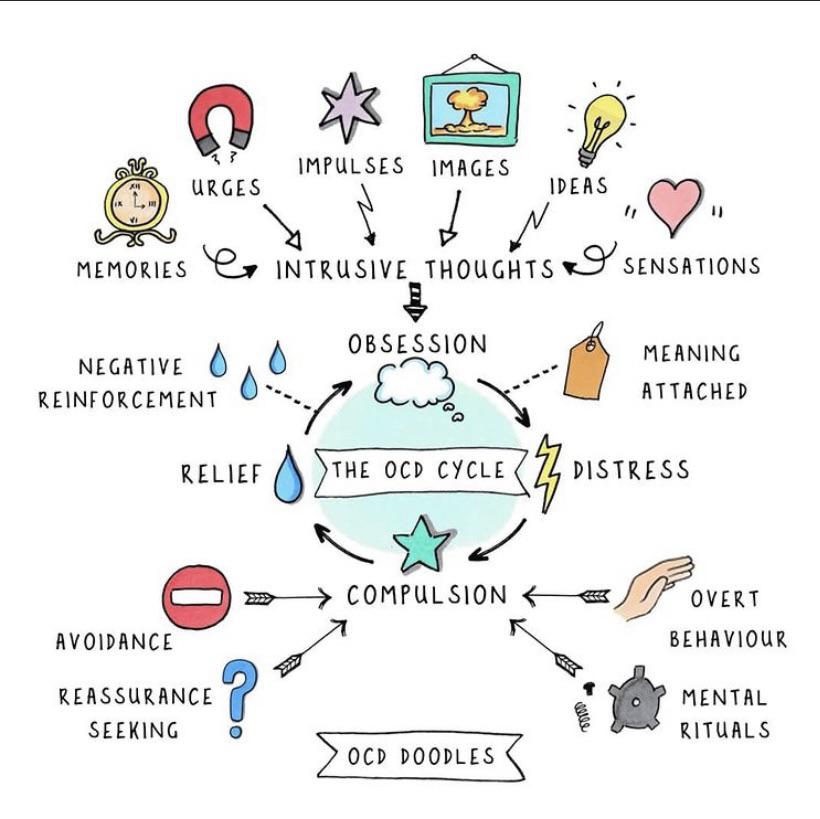
This condition can have several different symptoms, both physical and psychological. Some common ones include:
- Anxiety or fear when confronted with the avoided object or situation
- Avoidance of activities that used to be enjoyable
- Increased irritability or moodiness
- Isolation from friends and family
- Difficulty concentrating
- Sleep problems
Predicting Implications of OCD Avoidance
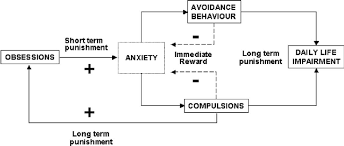
This condition can have several implications, both for the individual with OCD and for those around them. So, there are several ways in which OCD avoidance can impact an individual’s life. It can impede diagnosis, make it difficult to get treatment, and hinder recovery.
How It Obstructs Diagnosis
One of the most common ways OCD avoidance can impact an individual’s life is by obstructing diagnosis. This is because avoidance behaviors can mask the symptoms of OCD.
To make it worse, many people with OCD are not aware that their avoidance is a symptom of their disorder itself. They may just think that they are being cautious or that they have a phobia.
Similarly, someone who avoids social situations may not be diagnosed with OCD because they do not exhibit the classic symptoms of the disorder. However, if they were to stop avoiding social situations, their symptoms would likely become more apparent.
The result of which is that they may never consider going for a diagnosis. Their avoidance behavior as a symptom of OCD would inhibit them from giving it a thought in the first place. Let alone seeking help from a mental health professional.
How It Impedes Treatment
Another way OCD avoidance can impact an individual’s life is by impeding treatment. This is because avoidance behaviors prevent people from exposure to the very things that will help them overcome their OCD.
- For example, someone who avoids touching doorknobs will never be able to desensitize themselves to the fear of germs. As a result, their OCD will likely continue to worsen.
- Again in, exposure and response prevention (ERP), which is one of the most effective treatments for OCD, relies on the individual being willing to face their fears. If someone is avoiding their triggers, they are not going to be able to do this.
How It Hinders Recovery
Lastly, OCD avoidance can hinder recovery by preventing people from living a normal life. This is because it can reinforce the idea that the individual needs to avoid certain situations or objects to stay safe.
Consequently, avoidance behaviors can become so ingrained that they start to dictate every aspect of an individual’s life. For example, someone who avoids social situations may start to withdraw from friends and family. This can lead to isolation and further worsening of OCD symptoms.
Treating OCD Avoidance
There are several different ways to treat this condition. Some of the treatment option are as follows:
Therapies For OCD Avoidance
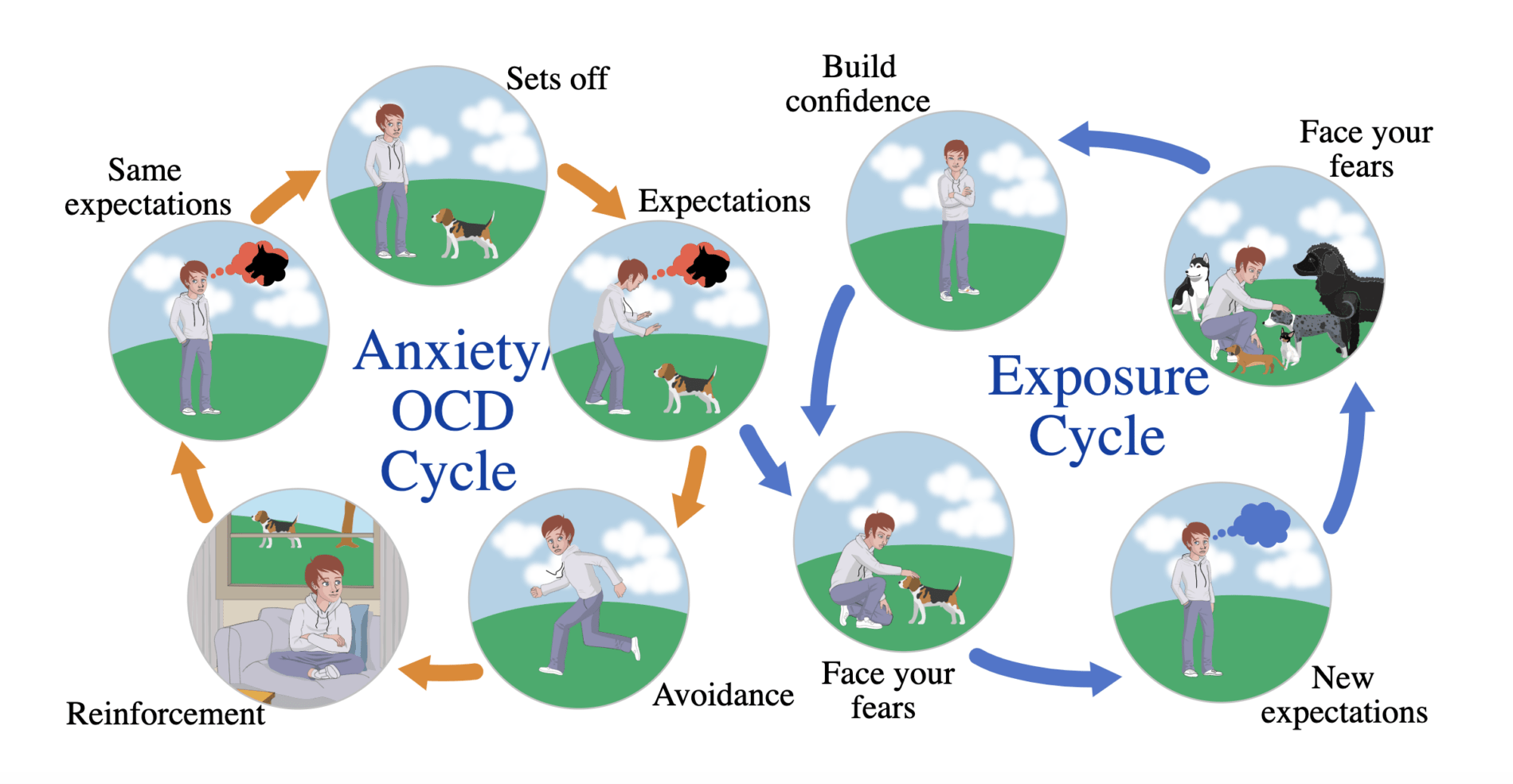
- The most effective way is through exposure and response prevention (ERP) therapy. This is a type of cognitive-behavioral therapy that involves gradually exposing the individual to their triggers, without letting them engage in their usual avoidance behaviors. This can be a very difficult process, but it is very effective in treating OCD.
- CBT-OCD is another type of cognitive-behavioral therapy that can be helpful in treating OCD avoidance. This type of therapy focuses on helping the individual to change their thinking patterns and beliefs about their OCD.
Medications For OCD Avoidance
Several different medications can be used to treat OCD.
- The most common are selective serotonin reuptake inhibitors (SSRIs). These work by increasing the level of serotonin in the brain, which can help to reduce anxiety and improve mood.
- Other options include tricyclic antidepressants and antipsychotics. These can be used if SSRIs are not effective, or if the individual has other mental health conditions that need to be treated.
Self-help Tips For OCD Avoidance
Self-help techniques are not as effective as ERP therapy, but they can be helpful for some people. Some self-help tips for managing this condition include:
- Identifying your triggers and writing them down
- Make a list of the things you avoid and why you do so
- Challenging your thoughts about your triggers and letting them pass
- Gradually exposing yourself to your triggers and face them
- Learning relaxation techniques to help you deal with anxiety
- Planning for situations that may trigger your OCD
Moreover, one of the most important things that people can do is to educate themselves about their disorder. This can help to reduce fear and anxiety and make it easier to deal with symptoms.
It is also important to build a support network of friends and family members who understand what you are going through. These people can provide emotional support and practical help when needed.
Preferring Therapy Over Self-help Tips
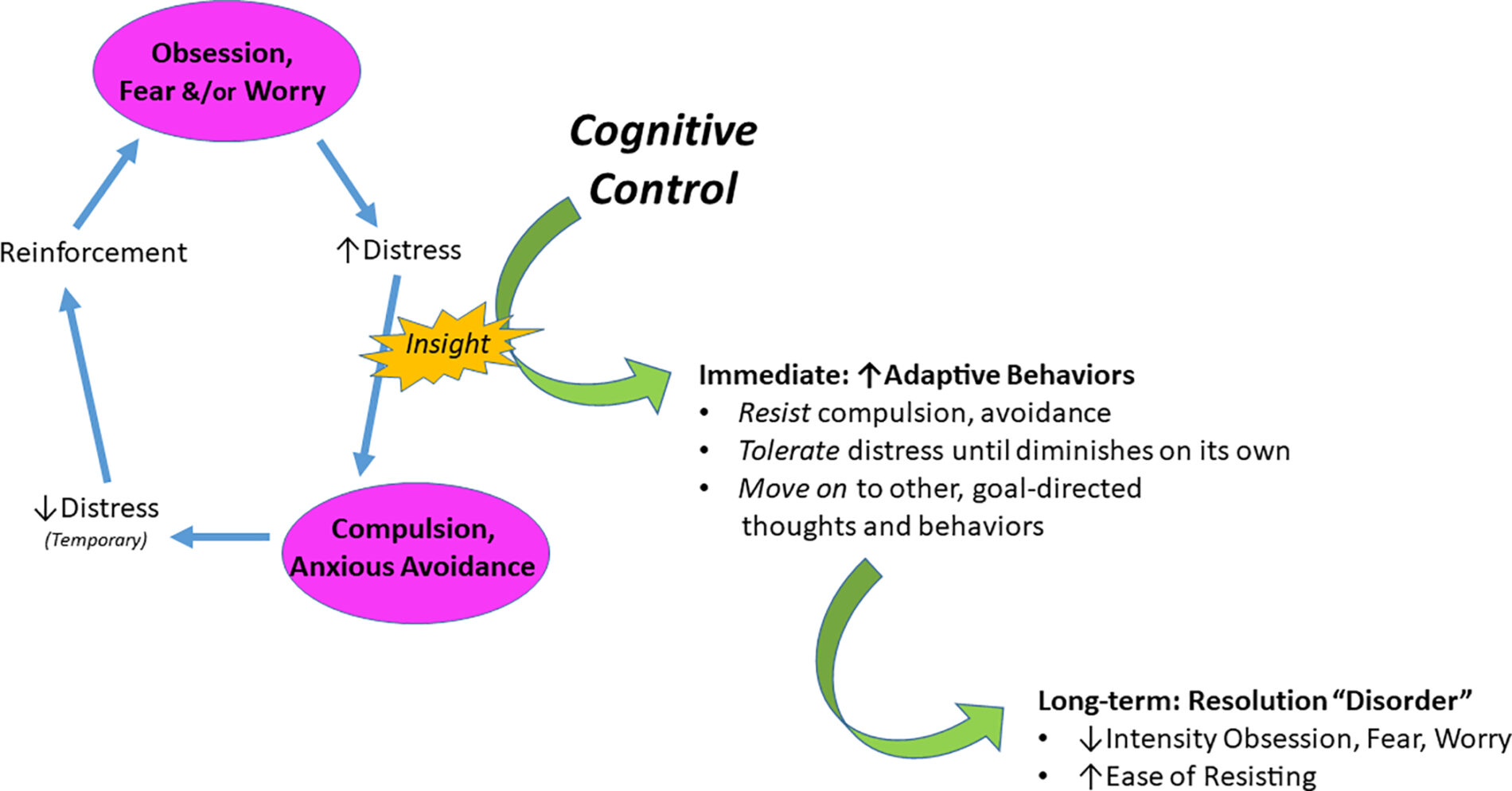
While self-help tips can be helpful, they are not as effective as exposure and response prevention therapy. This is because they do not address the underlying cause of OCD avoidance.
Why Therapy Is A Better Treatment Option
Therapy is an ideal treatment for OCD avoidance because it can help you to understand and change the thoughts and behaviors that are keeping you from recovery. ERP therapy, in particular, is very effective in treating OCD.
Moreover, therapy can provide you with the support and skills you need to manage your OCD in the long term. It can also help you to build a support network of friends and family members who understand what you are going through.
How OCD Avoidance Can Affect Therapy
While therapy can be an effective treatment for OCD avoidance, it is important to be aware that this condition itself can also affect therapy. This is because many people with OCD are not aware that their avoidance is a symptom of their disorder.
They may just think that they are being cautious or that they have a phobia. As a result, they may not seek help from a mental health professional. It may further worsen their OCD symptoms in absence of treatment.
Conclusion
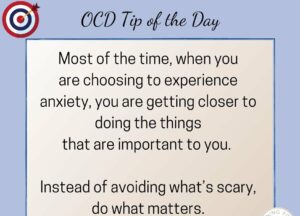
If you are struggling with this condition, we encourage you to seek help from a mental health professional. OCD is a treatable disorder, and with the right treatment, you can live a full and healthy life. Therapy, in particular, can be an effective treatment for OCD avoidance. Exposure and response prevention therapy are very effective in treating OCD. If you are struggling with OCD avoidance, we encourage you to seek help from a mental health professional.
If you are looking for affordable Online OCD Counseling MantraCare can help: Book a trial OCD therapy session
